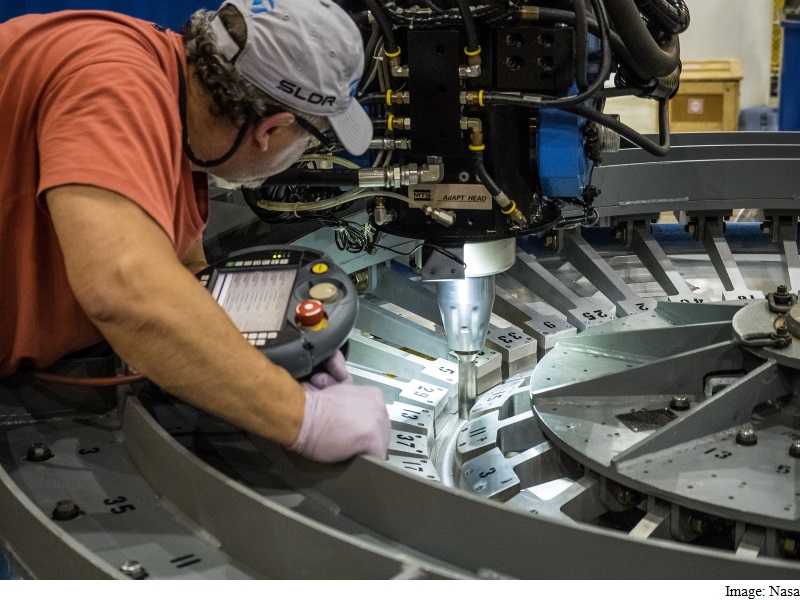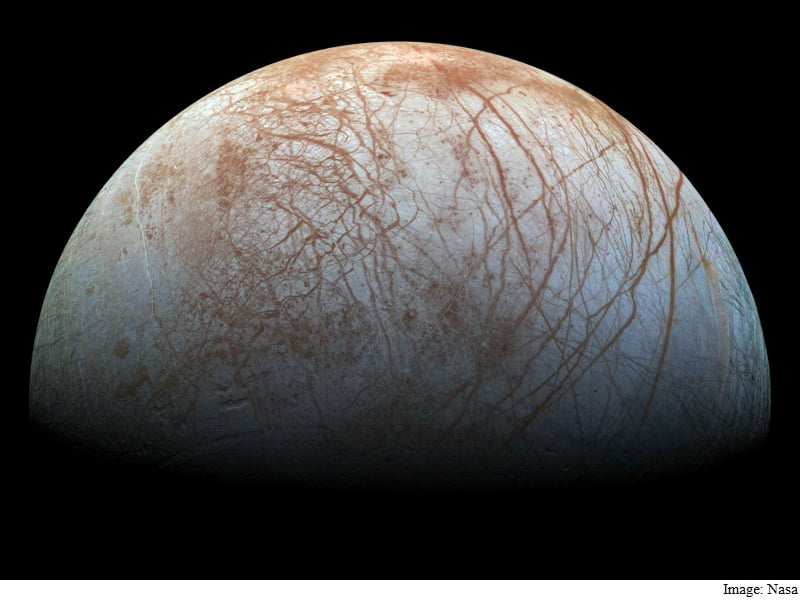
In a small yet significant to send astronauts to Mars, Nasa engineers have welded together the first two segments of the Orion crew module that will fly atop Nasa’s Space Launch System (SLS) rocket on a mission beyond the far side of the moon.
The primary structure of Orion’s crew module is made of seven large aluminium pieces that must be welded together in detailed fashion at Nasa’s Michoud Assembly Facility in New Orleans.
“Every day, teams around the country are moving at full speed to get ready for Exploration Mission-1 (EM-1) when we’ll flight test Orion and SLS together in the proving ground of space, far away from the safety of Earth,” said Bill Hill, deputy associate administrator for Exploration Systems Development at Nasa Headquarters in Washington, DC.
“We are progressing toward eventually sending astronauts deep into space,” he said in a statement.
The first weld connects the tunnel to the forward bulkhead, which is at the top of the spacecraft and houses many of Orion’s critical systems, such as the parachutes that deploy during re-entry.
Orion’s tunnel, with a docking hatch, will allow crews to move between the crew module and other spacecraft.
“Each of Orion’s systems and subsystems is assembled or integrated onto the primary structure, so starting to weld the underlying elements together is a critical first manufacturing step,” added Mark Geyer, Orion programme manager.
During the coming months, engineers will inspect and evaluate them to ensure they meet precise design requirements before welding.
Once complete, the structure will be shipped to Nasa’s Kennedy Space Center in Florida where it will be assembled with the other elements of the spacecraft, integrated with SLS and processed before launch.
SLS is one of the most experienced large rocket engines in the world, with more than a million seconds of ground test and flight operations time.
When completed, SLS will enable astronauts to begin their journey to explore destinations far into the solar system
[“source-gadgets.ndtv”]







